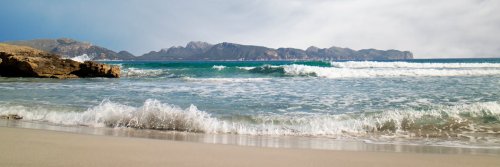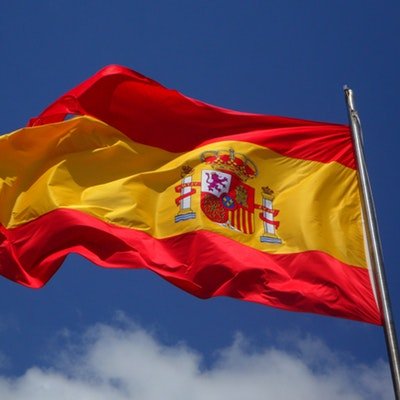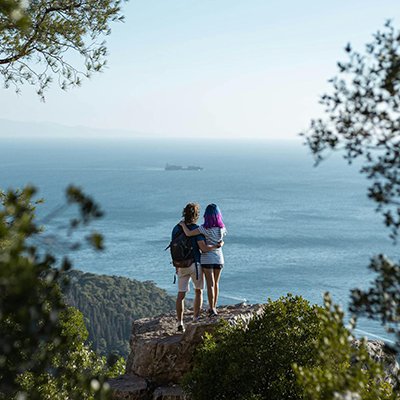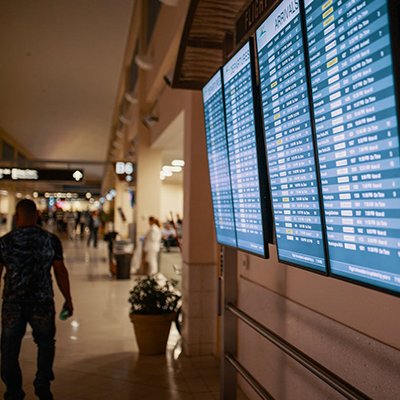We all desire one. A beach, somewhere in the world where you can sit, get your feet in nice warm sand, lapping azure seas, zero rubbish around you, a decent book, and a golden tan at the end of the day.
Dream of paradise and, obviously, the Caribbean, Asia, The Maldives, Mauritius, and other beautiful tropical idylls will pass through your mind. So we decided to take a look at what makes the perfect beach. But a Blue Flag beach!
The Blue Flag Explained
The scheme is organized by the Foundation for Environmental Education (FEE), which is based in Copenhagen. It is one of the world’s most recognized voluntary awards for beaches, marinas, and tourism boats.
A Blue Flag award is based on set criteria: strict water quality, environmental, educational, safety- and access-related benchmarks that should be met and maintained by the operators.
Usually, the local authority where the beach is located will apply to its national operator for a Blue Flag award. These applications are assessed, and if accepted, evaluations are conducted to decide which beach, marina, or private boat receives the Blue Flag for that year.
Top 15 nations
Blue Flags are awarded annually to ensure that beaches maintain their quality criteria. Over 5121 beaches in 51 countries have received the Blue Flag accolade.
The top 15 nations that have received Blue Flag accolades for beaches, marinas and boats are:
- Spain – 748
- Greece – 652
- Turkey – 612
- Italy – 565
- France – 506
- Portugal – 440
- Netherlands – 200
- Denmark – 156
- Germany – 125
- Mexico – 120
- Croatia – 101
- Ireland – 93
- Cyprus – 78
- England – 74
- Israel – 64
To discover more information about the Blue Flag award and where it has been awarded, go to https://www.blueflag.global/all-bf-sites.
 Andy Probert is an experienced freelance business travel journalist and PR specialist.
Andy Probert is an experienced freelance business travel journalist and PR specialist.















